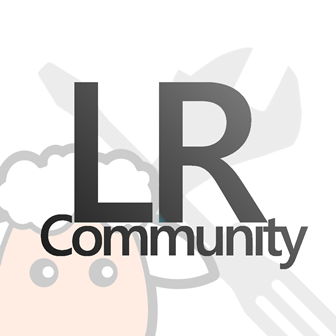Steam dropping support for Windows 7, 8 and 8.1 means users who purchased games for their PC during that era are SOL if their machine is not capable of running the latest Windows.
Synopsis
In the video, Louis reads a discussion thread between a Steam customer and their support team regarding older Windows versions being dropped. The customer is admittedly a bit salty in their writing. Steam doesn’t directly answer the customer’s questions, and instead points the customer to Steam’s existing statements made about dropping support for older Windows versions.
Louis makes the argument that even though he agrees with Steam’s stance on things such as piracy and their general consumer-oriented attitude, if we are dependent on Steam to launch games, especially on older systems where we can’t unplug the ethernet and be able to still launch the game, do we really own the game to begin with?
Commenter views
Some commenters mentioned that this is a Chrome issue, as Steam’s interface itself is a web browser and if Chromium drops support for older systems, Steam is stuck.
Other commenters mentioned it’s a Microsoft issue, as more issues surface in unsupported Windows versions, it would be in Steam’s best interests to drop support for these.
Another one mentioned that the DMCA provides an exemption for cracking games that you already own, if it is no longer being supported.
Links
What’s your take on this?
Youtube/Invidious (A piped link should be posted by a bot below)



Even if steam as a client would continue to work on older versions of Windows, AMD and NVIDIA do not support any of their drivers anymore (For 7, 8 ,8.1). Furthermore, you will run into compatibility problems in the long run. Games that are being released now or were during the last couple of years are written for more recent versions of windows and may use API’s or technology that is not available on older versions of Windows.
In addition to that, using the above mentioned versions of windows is a questionable in another way: Security! Windows 7 and 8/8.1 are EOL and doesn’t receive any security updates (at least to consumers) anymore.
Windows 8 / 8.1 wasn’t even a good platform to settle on in the first place. It wasn’t widly adopted and therefore received bad support from major hardware producers and software companies.
PS: I don’t think Windows 8.1 was a bad OS, it just tied to do so many things at once or maybe was just to early for it’s time?